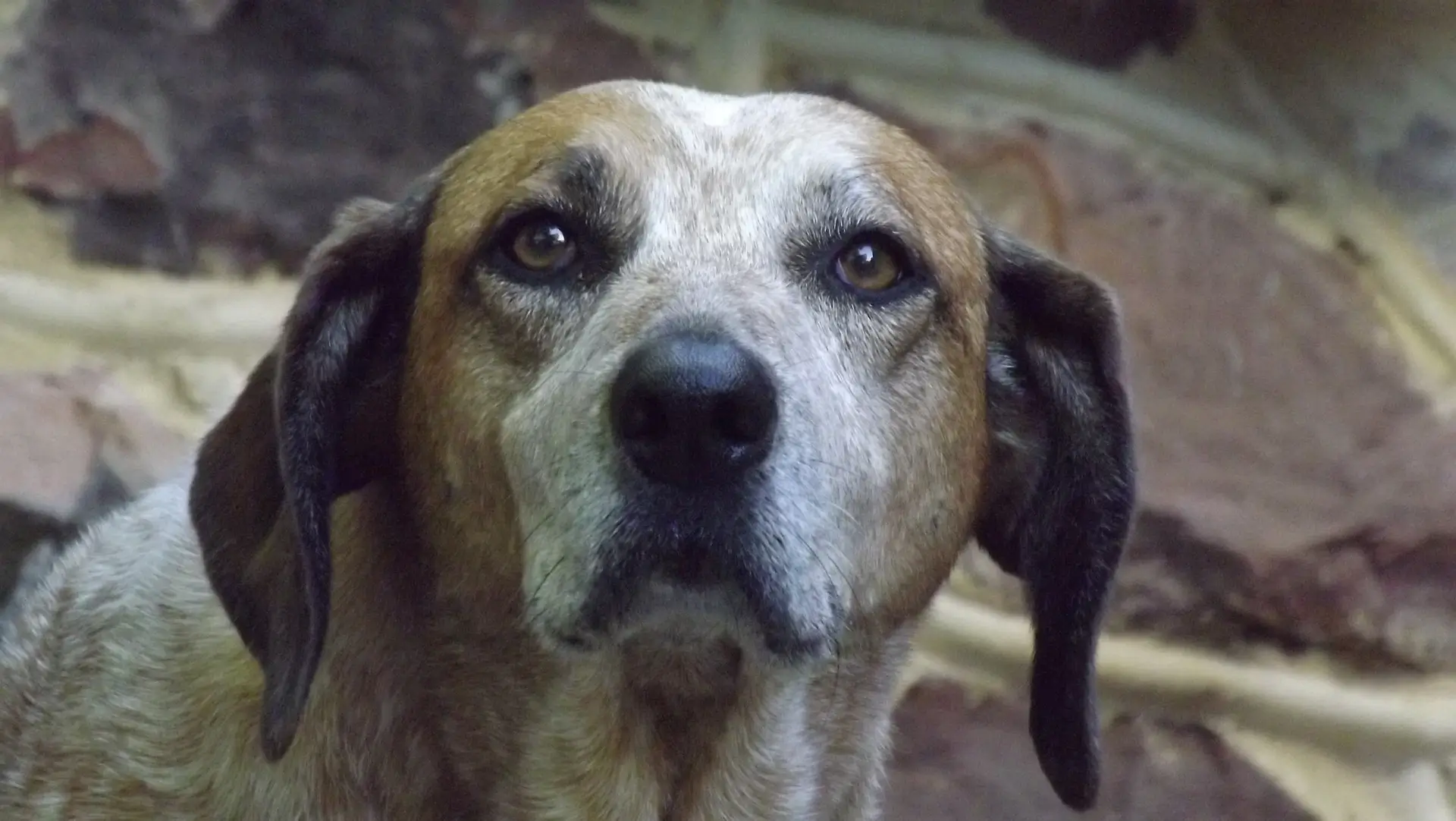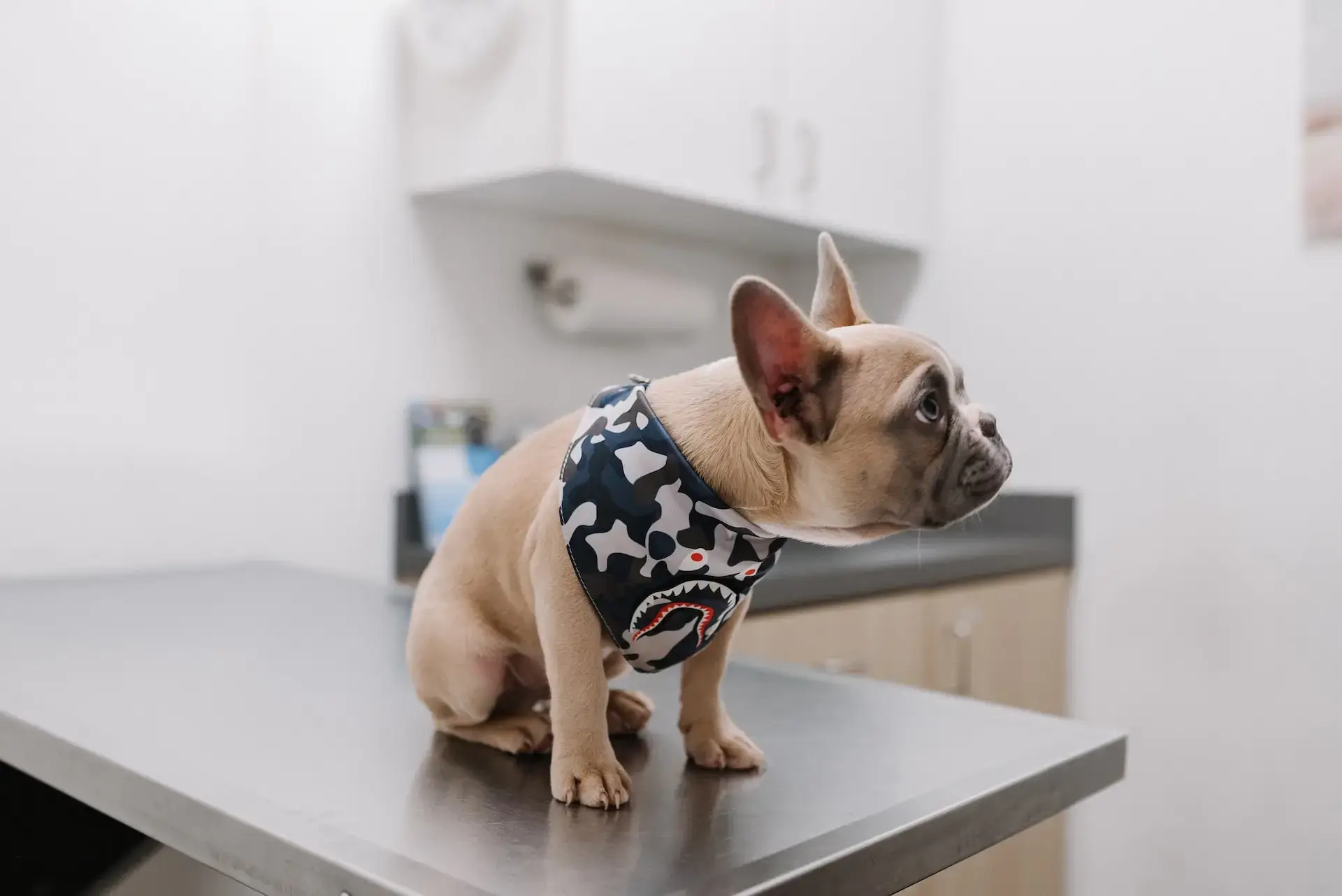Expert Tips for Feeding an Older Dog
You know how much your furry companion loves his food, right? As he grows older, his tastes might stay the same, but his body needs something a little different. That’s where tweaking his menu comes in. Let’s hear what a local Brantford, ON vet has to say about keeping your senior dog well-fed.
Consider Altering Your Aging Dog’s Meal Timing as Necessary
Wondering how often you should feed your senior pup? Well, it depends on the dog! Your best bet is to chat with your vet for personalized advice. Generally, though, Fido might do better with more frequent, smaller meals. Consider splitting his daily intake into two to five portions for optimal digestion and comfort.
Provide the Correct Serving Sizes
Determining the appropriate amount of food for your dog can pose a challenge. It largely hinges on your furry friend’s size and the specific type of food he consumes. Initially, refer to the feeding instructions provided on the packaging. Numerous pet food companies offer feeding charts on their websites. It’s important, however, to note that these recommendations may vary slightly across different sites and often tend to be on the generous side. For instance, Purina advises that a 26 to 50-pound adult dog should consume 2 to 2-⅔ cups daily, while Rover suggests 2½ – 3¼ cups.
In most cases, it’s advisable to decrease a senior dog’s calorie consumption by roughly 20 to 30 percent. As your furry friend enters old age, he might require additional calories for optimal health. Additionally, weather conditions can impact his dietary needs; dogs with thinner fur may benefit from slightly increased food intake during winter months.
Your veterinarian’s opinion should always hold the most weight in this matter.
Ensure Proper Timing for Transitioning to Senior Dog Food
The designation of when a dog is deemed mature or senior is contingent upon several factors, primarily influenced by breed and size. Larger breeds tend to age at a faster rate compared to smaller ones. For instance, certain giant breeds might enter their senior years as early as five, whereas a Chihuahua might not reach this stage until the age of ten or beyond. Nonetheless, there are general guidelines to consider. Typically, a dog is considered mature when it reaches the midpoint of its average life expectancy. Once it surpasses the 75% mark of its anticipated lifespan, it enters the senior stage. Dogs that surpass their anticipated lifespan are categorized as geriatric.
Ensure Fido Stays Hydrated
It’s vital to keep your furry friend hydrated! Consider investing in a fountain or smart waterer, especially if you have a spacious home or multiple floors. Additionally, placing extra water bowls around can also be a fantastic idea.
Contemplate Adding Supplements
Numerous vitamins and supplements cater to the needs of older dogs, ranging from multivitamins to antioxidants, amino and fatty acids, and prebiotics and probiotics. Each offers unique advantages. Omega-3 and -6, for example, promote healthy skin, coats, bones, and joints. Additional supplements like glucosamine and vitamin K specifically target bone and joint health. Dogs may also benefit from greens, while those with vision issues might require Vitamin A supplementation. However, excessive Vitamin A intake can pose risks.
Be sure to consult your Brantford, ON veterinarian before introducing supplements and always monitor for any adverse reactions.
Opt for Nutritious Treats
Your furry friend can still relish and gain from treats. However, exercise caution; numerous store-bought treats are laden with calories and fat, lacking in nutrition. Opt for healthier brands or consider crafting your own.
Integrate Fruits and Vegetables
While Fido is classified as a member of Carnivora, he’s not strictly a carnivore but rather an omnivore. Although wild dogs primarily consume meat, they also benefit from incorporating fruits and veggies into their diets. Treat your pup to nutritious snacks like carrot sticks, dried sweet potato slices, apple slices, or even bananas. Always ensure the safety of any snacks before giving them to your furry friend.
You might also think about adding a bit of pureed pumpkin to your pet’s meals. Just make sure to consult your vet beforehand.
Selecting the Correct Senior Dog Food
The landscape of pet food has evolved significantly, offering specialized formulations tailored to your canine companion’s needs. From weight management to specific health conditions, there’s a wide array of options available, catering to various dietary requirements without straining your budget. Opting for senior dog food can help control calorie intake, mitigating the risk of weight gain. Additionally, you can find formulations targeting specific concerns like joint support. Ensure the chosen food provides Fido with an optimal blend of fat, protein, and essential nutrients.
Deciding between wet and dry food for your senior dog involves weighing the pros and cons of each. Factors such as Fido’s preferences, health requirements, and any dental or dietary concerns will influence your choice. While many dogs enjoy wet food and find it gentler on dental issues, dry food can aid in teeth cleaning and is often more economical and shelf-stable. Alternatively, you can offer a combination of both or moisten your dog’s kibble with water.
Seek personalized guidance from your Brantford, ON veterinarian.
Maintain Dental Hygiene
As dogs age, dental problems become more common and can affect their eating habits. To keep your pet’s teeth clean, brush regularly or offer dental treats and chews. If you spot any issues, consult your vet immediately.
Transition to Senior Diets
Regularly seek advice from your veterinarian regarding Fido’s dietary needs. Your vet can guide you on the appropriate timing to transition to a senior formula food. It’s crucial to make this change gradually, spanning several days, to prevent any stomach upset for your furry companion.
Ensure Your Dog’s Food Temperature is Appropriate
Typically, it’s advisable to serve Fido’s food at room temperature. If stored in the fridge, remove it an hour prior to feeding to allow it to warm up. When microwaving food, always test the temperature beforehand to ensure it’s not excessively hot.
Provide Fido with a Peaceful Eating Area
The arrangement of your home and the number of pets you have play a role in this decision. If Fido is your sole dog, placing his bowls wherever convenient, like the kitchen, is fine. However, with multiple pets, meal times may become chaotic. Consider a separate dining area for your senior dog to enjoy his meal without disruptions from his companions.
Think about Getting Elevated Bowls
Seek personalized guidance from your veterinarian when selecting Fido’s bowls. Raised dishes can offer greater comfort, preventing him from splaying his feet or lowering his neck excessively while eating. However, there’s a potential risk of bloat, especially for larger dogs, associated with these types of dishes.
Be Mindful to Avoid Overfeeding the Pup
Fido’s adoration for food will likely remain throughout his life, yet with age, he’ll inevitably start to slow down, much like us humans. Your once energetic canine companion may become less active, perhaps finding joy in observing the squirrels rather than chasing after them. As his activity levels decline, so does his calorie expenditure, potentially leading to a concerning cycle of reduced activity and weight gain. As Fido gains weight, staying fit becomes more challenging, further exacerbating his decline in fitness and perpetuating the cycle of weight gain. It’s crucial to monitor Fido’s activity levels and adjust his diet accordingly to maintain his health and well-being.
Keep a keen eye on your furry friend’s body condition, especially as dogs age and are susceptible to obesity. Promptly address any signs of weight gain by consulting your vet for specific advice regarding Fido’s dietary requirements. It might be necessary to measure your pet’s food to ensure precise calorie intake: neither too much nor too little.
As your dog ages, his dietary requirements will evolve. Transitioning to senior food, incorporating supplements, and adjusting meal schedules might become necessary. Be sure to seek tailored guidance from your Brantford, ON veterinarian regarding the nutritional needs of your aging pet.
Are you needing advice about your dog’s health or care? Reach out to us, Fairview Drive Pet Hospital, right away!




